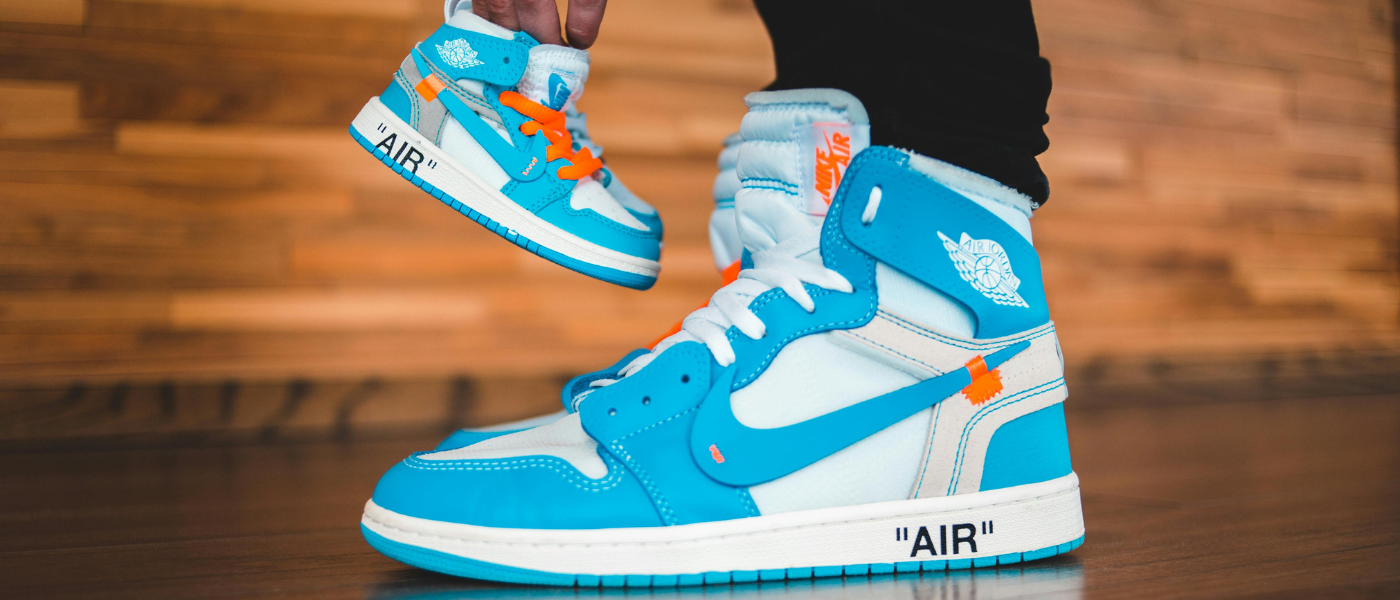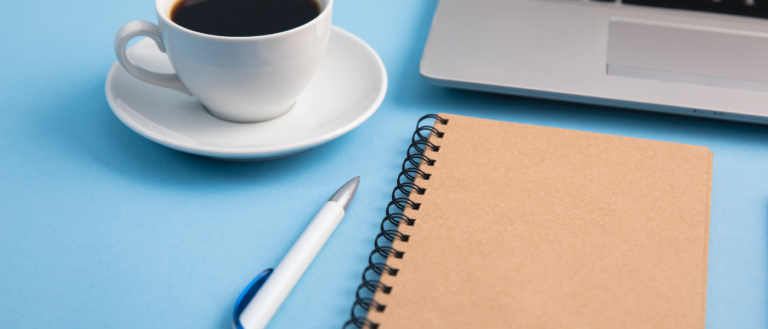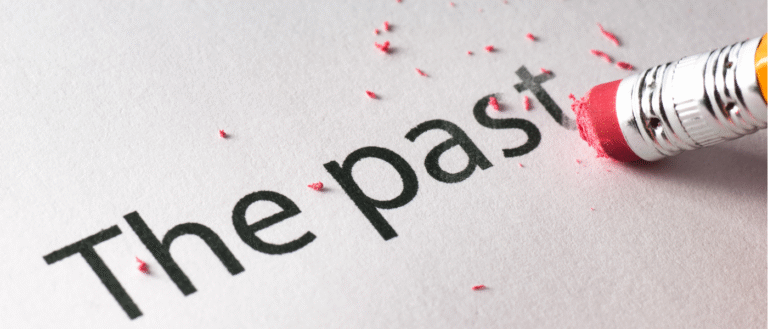I often hear English students say something like: ‘It’s much more easier’ or ‘It’s much more colder today than yesterday’. Would you say this phrase too? I am asking you because you need to remember that it is not correct. All adjectives in English are divided into two groups. Depending on what group the word belongs (and I explain in the episode how you know which), you either add -er to the adjective or more before it. So, I will give you a visual table on how to form the comparatives easily (don’t forget to watch the video episode for remembering better). Also, I will show you how to add gradation to your comparative. You will know how to show that something is ‘a bit easier’ or ‘much more interesting’. I need only 3 minutes to teach you this important grammar – how cool is that? So, let’s go!
Check out the episode below:
Key takeaways
Typical Mistakes corrected:
much more easier
more happy – Correct: happier
much [?] expensive than – Correct: much more expensive than
The rule
Short 1-syllable words (hot, hard, fast) and 2-syllable words ending -y (happy, easy) add suffix -er. E.g. hotter, harder, faster, happier, easier
2-syllable words without -y (modern) and longer words (beautiful, difficult) add more. E.g. more modern, more beautiful, more difficult.
exceptions
good – better, bad – worse, far – further / farther, clever – clever
modifiers
Not a big difference: a bit, a little
Big difference: a lot, much, far
example sentences:
It’s much easier than you think.
It’s much colder today than it was yesterday.
(He is 180cm high, and I am 155cm high) – He is much taller than me.
(One book costs $5 and the other costs $6.5) – Book 1 is a bit more expensive than Book2.





Excellent content. Thank you for the explanation.